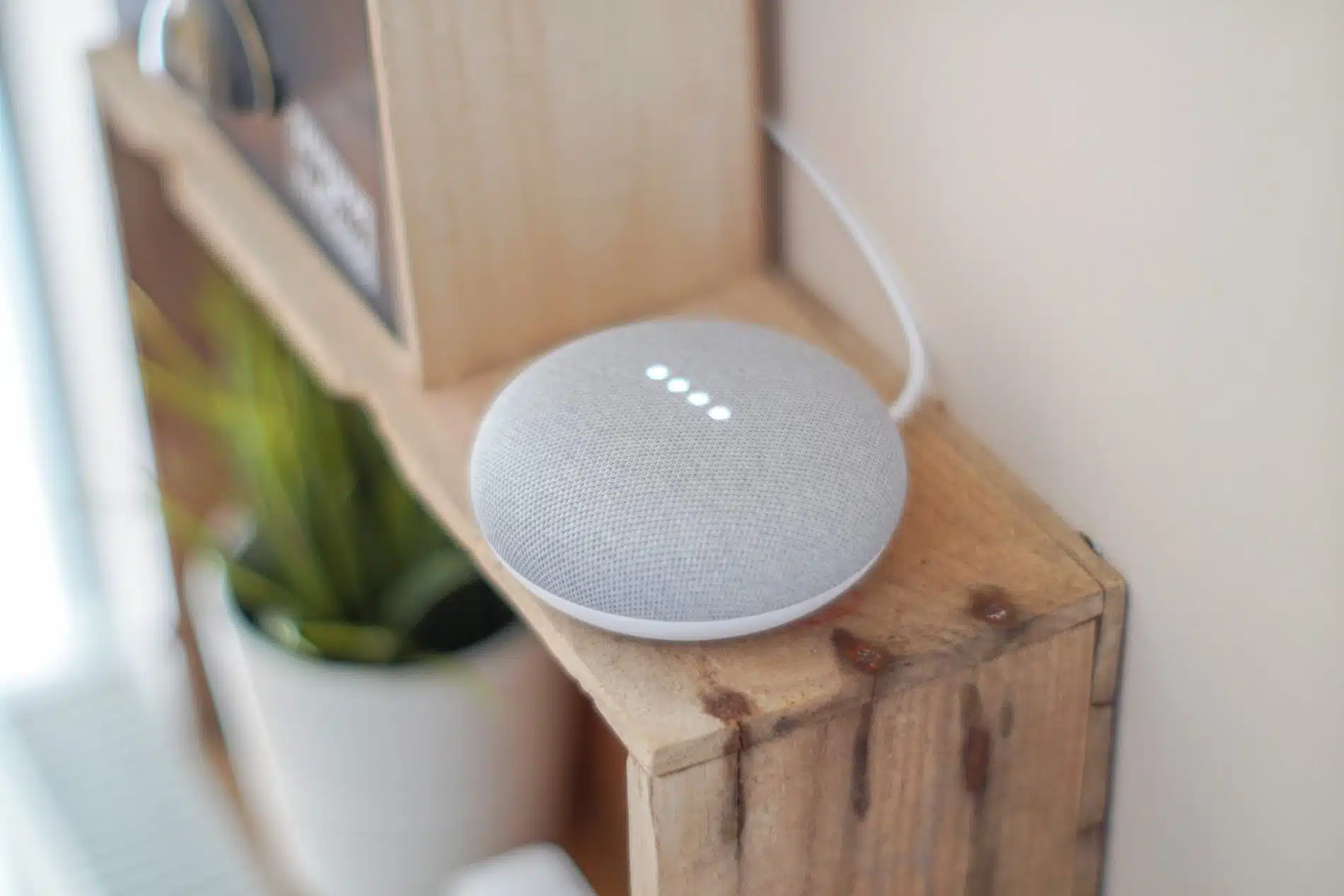

Technological innovation and advancement throughout the past few decades has allowed consumers and businesses to harness almost impossibly powerful tools. From helpful automated marketing software for brands to extensive search capabilities for consumers, the tools at our fingertips today allow us to find the exact content that we’re after.
One of these search capabilities revolves around something known as voice search. Techopedia defines voice search as “speech recognition technology that allows a user to perform a search via a voice command.” Voice search generally takes the form of a software application. However, today’s smartphones and other web-enabled devices often offer it as a service.
As we approach the start of a new decade, our team thought it might be appropriate to share some of the most valuable voice search statistics available today. These stats offer crystal-clear insight into exactly why so many brands are opting to begin crafting content specifically for voice search.
Making the most of voice search’s growing popularity
There’s no hard-and-fast way to guarantee success in any marketing venture. With that being said, there are a handful of tried and true tips that could help you brand better-leverage the power and popularity of voice search:
- Use conversational language in content; most voice queries contain conversational words and phrases
- Optimize for local searches; research indicates almost half of voice searchers are looking for local content and 76% of smart speaker users perform local voice searches on a weekly basis
- Prioritize content known to work well for voice search optimization like informational, navigational, and transactional content
The Most Relevant Voice Search Statistics Going Into 2020
Half of web searches will be conducted through voice search by 2020
According to American media measurement and analytics company Com-score, half of all searches will be conducted via voice by 2020.
It’s tough to deny the facts: realistically, you likely aren’t performing half of your web searches through voice search. With that being said, it is difficult to deny that voice search technology is increasing in popularity at a rapid pace. The global market for voice search devices grew by nearly 200% back in Q2 of 2018 alone. More and more shoppers are beginning to turn to smart speakers for their web search needs.
Smart speaker sales will boom by 2024
Market experts predict that by 2024, global smart speaker sales will skyrocket to over $30 billion.
Chances are you’re not trying to sell smart speakers, so why does this matter? The answer is fairly simple. The more consumers purchase and use tools that make voice searching easier, the more likely they are to stumble across your brand through voice search.
Shoppers want to build relationships with brands via voice channels
Google shared data indicating that 52% of smart speaker owners want to learn more about brand deals, sales, and promotions through their smart speakers.
Smart speakers present an excellent opportunity for brands to establish themselves as a part of shopper’s daily lives. The majority of consumers indicate that they want brands to share details about promotions and sales through smart speaker software.
Not only can this help brands better-identify how, where, and when to market products or services; it offers some peace of mind, too. Consumers are hungry for content from their smart speakers– you just have to give it to them
Hello Digital: Your Voice Search Marketing Partner
At Hello Digital, we’re committed to offering our clients comprehensive digital solutions for a range of business needs. Our team seeks to help businesses build their brands and delight their audiences. That’s why we employ an immersive approach to serving our customers. It’s the only way to outline the unique goals that your brand will benefit from.
If you’re interested in learning more about our voice search marketing services, get in touch with us today! One of our skilled members will be happy to speak with you concerning your brand’s marketing efforts.
Recent Articles
Write For Us
Think you’ve got a fresh perspective that will challenge our readers to become better marketers? We’re always looking for authors who can deliver quality articles and blog posts. Hundreds of your peers will read your work, and you will level up in the process.Ready to grow? Say Hello






